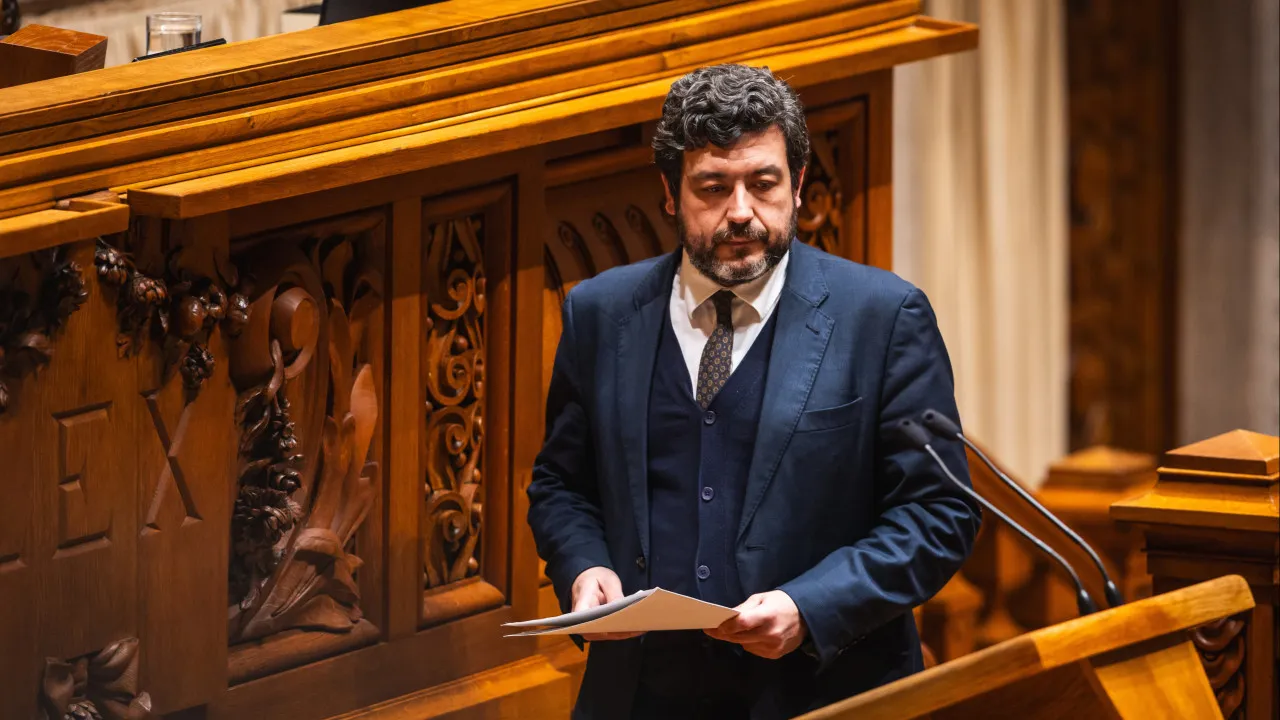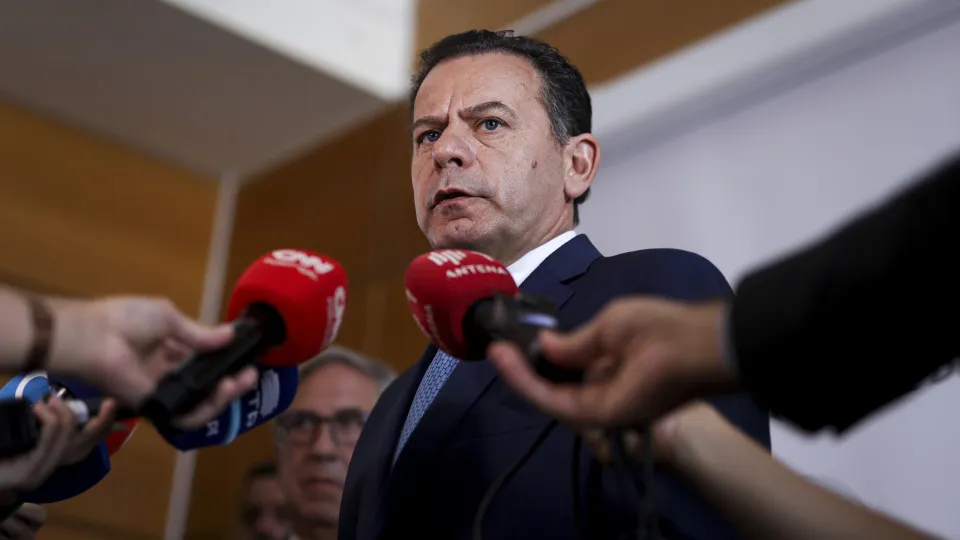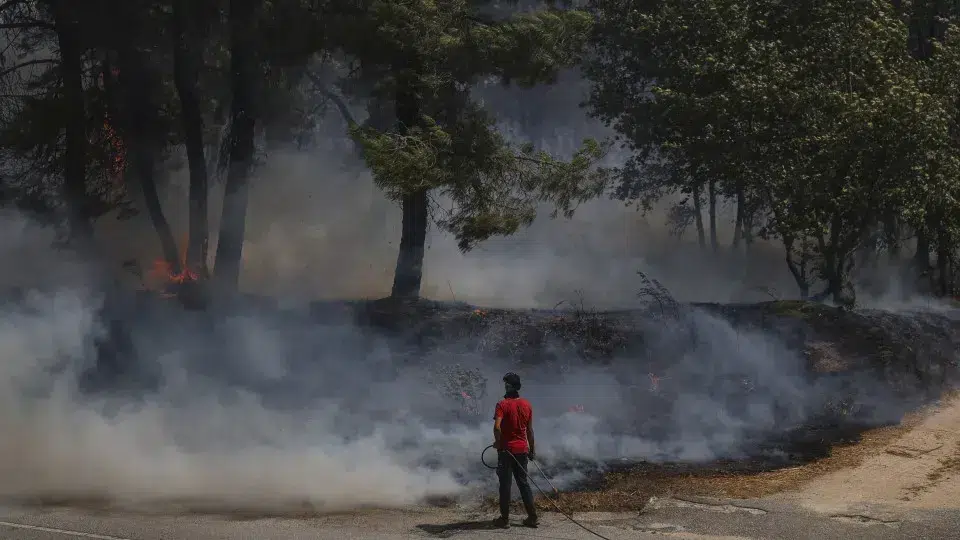
“I don’t think so. I believe it will clarify in a much more evident way what the procedures are, especially because there is also a need concerning mobility, whether for Portugal, due to a set of circumstances, or through training, which is important, and for labor demand,” stated the deputy, when questioned around the 14th Parliamentary Assembly of the Community of Portuguese Language Countries (AP-CPLP).
“It is this path that we are taking, bringing clarity and seeking, as I mentioned, to create greater transparency in this whole process,” insisted Pedro Alves, from the Portuguese parliamentary delegation in CPLP and representing the Assembly of the Republic at the meeting in Maputo.
The mobility agreement within the CPLP was signed on July 17, 2021, in Luanda, by the heads of state and government of the community, but only some countries have moved forward with its implementation.
At the opening of the meeting, the outgoing presidency of the AP-CPLP, Teresa Efua Asangono, president of the Senate of Equatorial Guinea, called for the implementation of the mobility agreement among Lusophones: “Free movement within the CPLP remains a challenge since mobility is not facilitated for everyone, only for holders of diplomatic and official passports.”
This “concern” is shared by the Portuguese deputy, who recalled that the agreement “was already validated by some parliaments,” but there have been “some problems” regarding procedures, which “are important to also ensure the security of all countries involved, particularly concerning mobility within the European Union itself.”
“What is also being reviewed today in Portugal are these procedures that ensure not only ease of mobility but, above all, that there is security on the part of everyone regarding the procedures. In this sense, Portugal is also developing a set of rules that allow this process to be more transparent, clearer, but above all useful in terms of the mobility we want to exist in all Portuguese-speaking countries,” he pointed out.
Mozambique will assume the rotating presidency of the AP-CPLP at the 14th meeting taking place today and Tuesday at the Joaquim Chissano Conference Center in Maputo, succeeding Equatorial Guinea, in a two-year mandate focused on peace and inclusion, although the parliament of Guinea-Bissau canceled its participation.
“It is also a recurring process, the absence of Guinea-Bissau, and I believe it will be a path that we are building in function also of the electoral process that is already marked for the end of this year, and we hope that situations normalize, which is also the objective of AP-CPLP,” defended the Portuguese deputy.
Pedro Alves added the motivation of that body to “help build and strengthen peace and democracy processes,” including in Guinea-Bissau: “We are making all efforts and contacts for this to happen. And I believe that with all the diplomatic work done with the marking of these elections, this path will be achieved.”
The Guinean President, Umaro Sissoco Embaló, dissolved the country’s parliament in December 2023, before the 12 months set by the Constitution elapsed from the legislative elections won by the Inclusive Alliance Platform (PAI-Terra Ranka), led by the African Party for the Independence of Guinea and Cape Verde (PAIGC).
The party leader who heads the coalition, the PAIGC, Domingos Simões Pereira, was also removed from the presidency of the Assembly and the permanent commission.
More than 100 delegates, including presidents of parliaments from CPLP member states, are participating today and Tuesday in Maputo at the 14th Parliamentary Assembly, an entity that Mozambique is set to lead.




